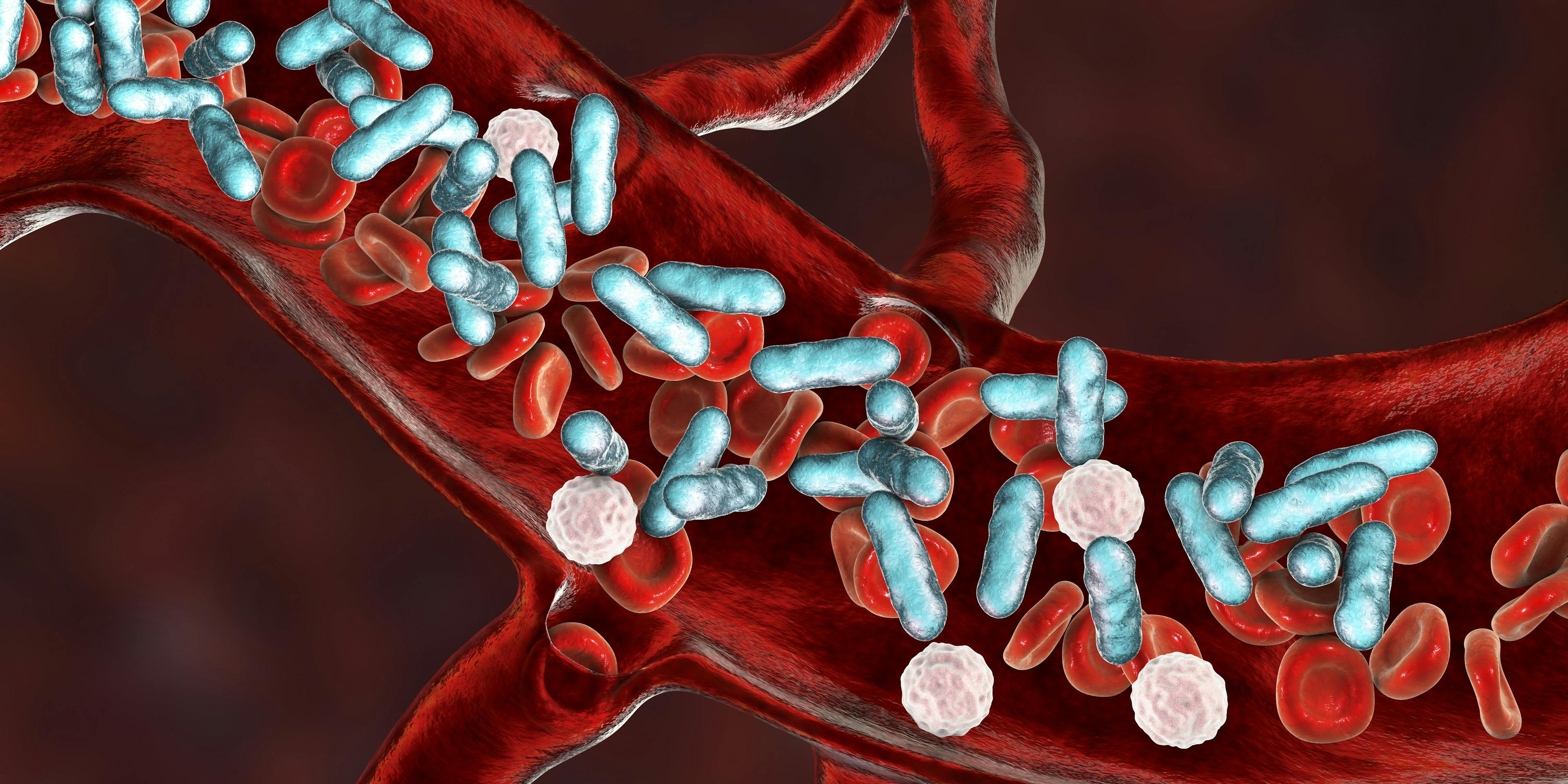Image Caption: Courtesy of the Conklin lab, Gladstone Institutes, San Francisco, CA
With just a few clicks of a mouse and taps on a keyboard, researchers around the world can now order stem cells that National Institutes of Health (NIH) Center for Alzheimer’s and Related Dementias (CARD) scientists have engineered for studying the genes behind Alzheimer’s disease, amyotrophic lateral sclerosis (ALS), and several other neurodegenerative disorders.
The cells can be obtained from a web portal run by the Jackson Laboratory (JAX). The launch of the portal represents a new phase in the iPSC Neurodegenerative Disease Initiative (iNDI), a collaborative project aimed at facilitating neurodegenerative research funded by NIH CARD, JAX, and the Chan Zuckerberg Initiative (CZI)
.Neurodegenerative disorders represent a group of diseases that over time damage different parts of the nervous system and cause debilitating problems, including dementia and paralysis. Over the past few decades, scientists have discovered hundreds of gene variants, each of which may be linked to an increased risk of experiencing at least one of these disorders. The goal of the iPSC iNDI is to help scientists study how these variants may cause nervous system tissue to degenerate and translate their findings into new treatments.
Launched in 2021, the iNDI project relies on a special type of stem cell. Generally, stem cells are cells that have the potential to be grown into any type of cell found in the body. This project uses induced pluripotent stem cells (iPSCs), which are made by reprogramming mature cells — usually blood or skin cells — into stem cells.
Traditionally, scientists have often used iPSCs to study the disease processes of individual patients. For the iNDI project, NIH scientists started with one standard line of cells and then genetically engineered the cells to carry at least one disease-related variant. Understanding how a variant triggers neurodegeneration can be challenging as its impact may be modified by a cell’s unique genetic background. This strategy helps scientists overcome that challenge by enabling them to study variants in a uniform background.
Since starting the project, NIH researchers have created several cell lines. They have also worked with JAX scientists to build a warehouse containing stocks of each line that can be obtained via JAX’s new web portal. So far, the available cell lines contain gene variants linked to the following neurodegenerative disorders: Alzheimer’s, Parkinson’s disease, ALS, and frontotemporal dementia. The CZI Neurodegeneration Challenge Network
helped fund the development of the warehouse and portal.
Scientists can order samples of the cells via www.jax.org/ipsc
.This project is funded in part through the NIH Intramural Research Program (1ZIAAG000535).
The NIH component is led by Andrew B. Singleton, Ph.D., NIH CARD director and an NIH distinguished investigator; Mark Cookson, Ph.D., a senior investigator at the NIH National Institute on Aging; and Michael E. Ward, Ph.D., an investigator at the NIH National Institute of Neurological Disorders and Stroke.




